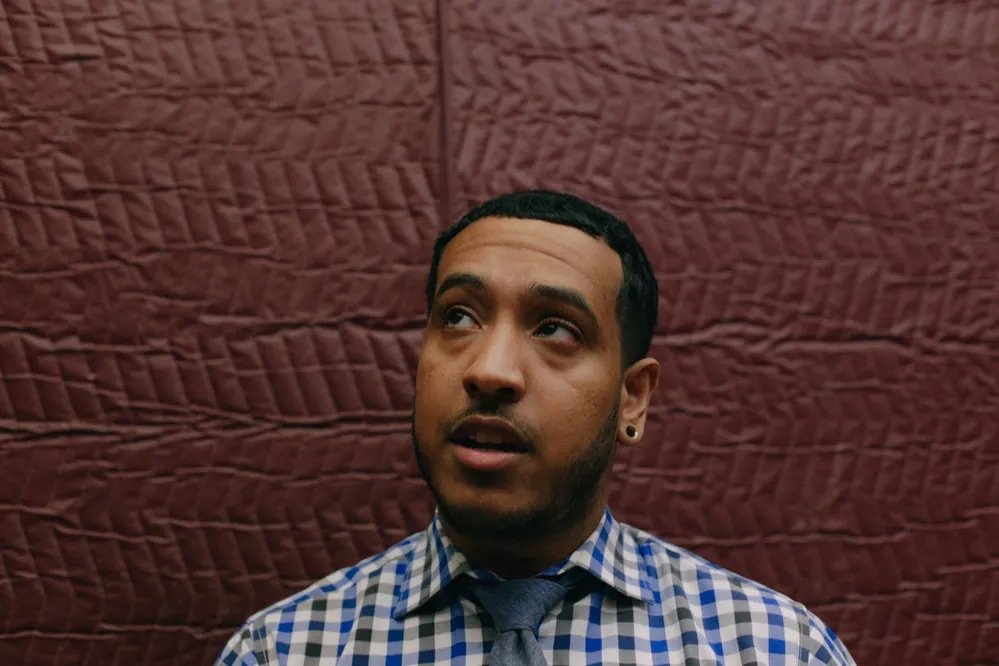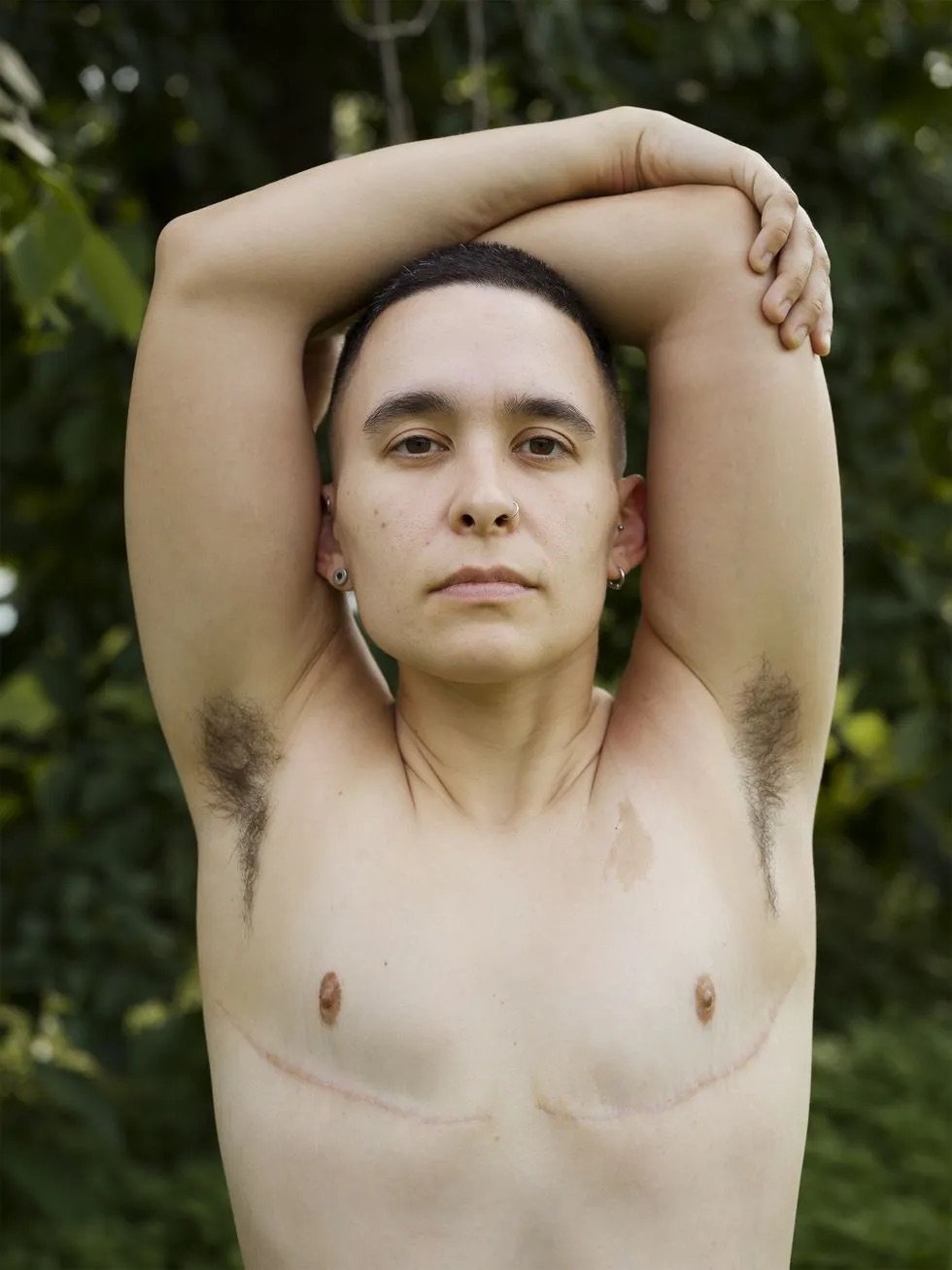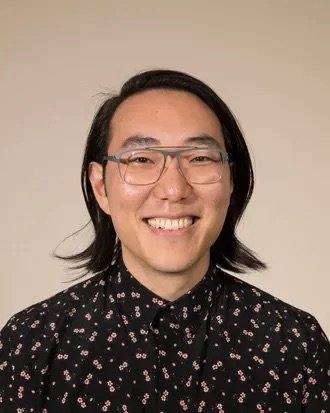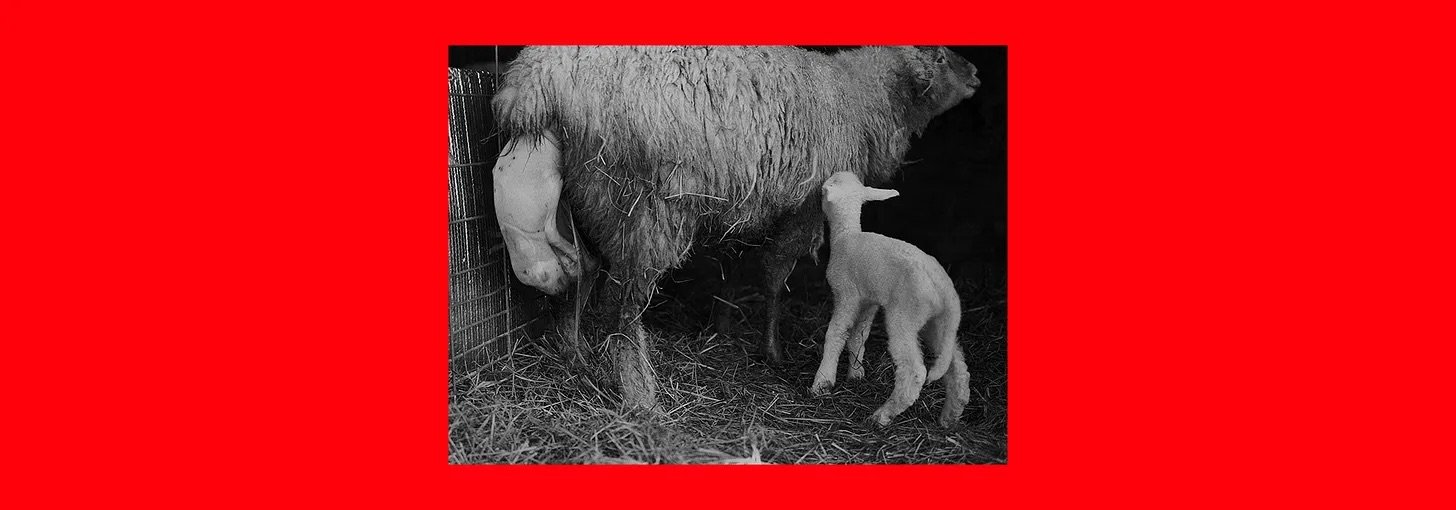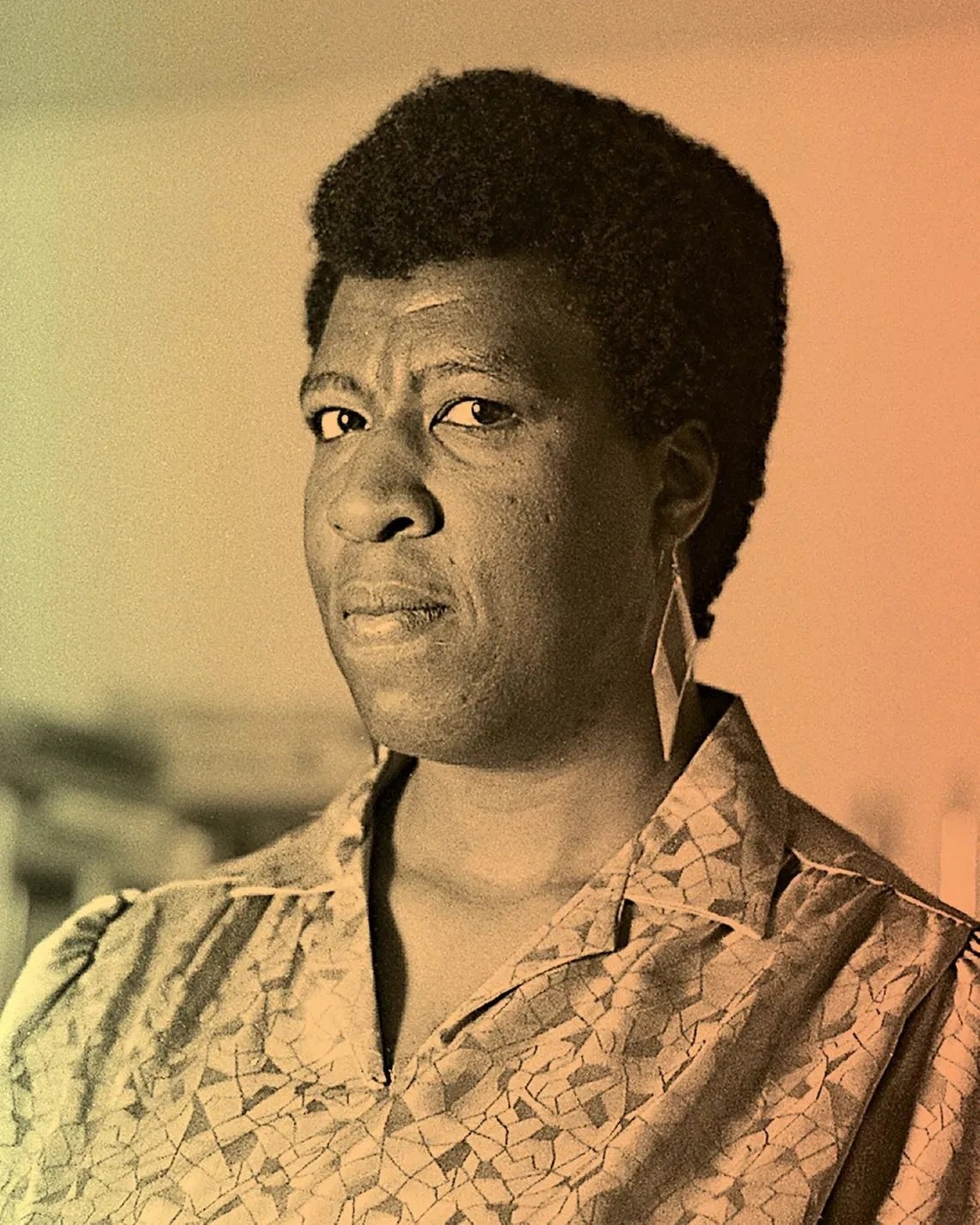Ever felt you were chatting with a bot? It could have been Laura Preston. She’s a 29-year-old graduate student whose job is to help a conversational AI named Brenda lease apartments to people who think they’re talking to a human being. Usually Brenda does fine, but if prospective tenants get too personal, she surrenders, calling for “human fallback.” That’s when Ms. Preston takes over. She has three minutes to craft the perfect reply, or else the humans might get suspicious (and her boss angry). The job (which pays better than teaching, by the way) is nonetheless mind-numbing. “The only way to keep pace with the inbox was to go into a state of focus so intense that at times I felt on the verge of astral projection. I heard nothing and felt nothing, not even the cues of my body.” (26 min)
➡️ Read the article
Young people are scared of old people, which is to say all people are scared of old people, which is to say all people are scared of death.
Because we’re scared of death, our society doesn’t care about old people, unless they’re our grandparents. So when Lisa Bubert chooses to work as an aide in a Texas nursing home as a 19-year-old college student, making $7.25 an hour, her friends are confused. Even before COVID, the annual turnover rate was 60 percent – not surprising, given the understaffing and underfunding. Despite the horrendous working conditions, Ms. Bubert finds purpose and meaning in her work. It helps to think of her Granny K when connecting with residents who feel isolated and lonely. She recognizes that death is a vulnerable act: “There is no act of love greater than to sit with someone as they face their deepest moment of vulnerability.” (13 min)
➡️ Read the article
Everyone knows that if your parents pay for college (thanks, Mom!), you have a huge head start in life. An even larger boost, of course, is if they help you buy a home. This article explores the guilt that Millennials face when receiving family money, either through a gift or an inheritance. After all, they know that intergenerational wealth is a leading cause of inequality. They see their friends struggling. But instead of acknowledging their privilege, or refusing the cash, it’s easier to hedge — to emphasize that their parents came from a working class background, or to stress that their grandparents worked hard to squeak by. Journalist Gaby Hinsliff does a good job reminding us that our capitalist system has made it pretty much impossible to buy a home without assistance. (19 min)
➡️ Read the article
✍🏼 READER ANNOTATIONS: Several of you shared your appreciation for last week’s lead article, “The Spectacular Life of Octavia Butler.” Loyal reader and Article Clubber Kati wrote, “This was a fantastic article. I read it on my Thanksgiving break and was riveted. I am not a sci-fi person, but I love Butler’s worlds she has created, and her wonderful manifestation notes. E. Alex Jung also really helps you get to know the inner world of Butler, and how her environment and life experience influenced everything (for better or worse). I found myself many times wishing she was born 30 years later, and would have gotten the recognition she deserved (much of it seems to be posthumous). I look forward to your interview with the author!”
Thank you, Kati, for reading the article and sharing your thoughts. If one of this week’s articles resonated with you, please leave a comment. Let’s get the conversation going!
Leave a comment
Thank you for reading this week’s issue. Hope you liked it. 😀
To our 7 new subscribers – including Sally, Joyce, Amy, and Anna – I hope you find the newsletter a solid addition to your email inbox. To our long-time subscribers (Penelope! Patty! Phillip!), you’re pretty great. Loyal reader Margaret, thank you for sharing the newsletter and getting the word out.
If you like The Highlighter Article Club, please help it grow. I really appreciate your support. Here are two ways you can help out:
❤️ Become a paid subscriber, like Anna and Jimmy (thank you!). You’ll join an esteemed group of readers who value the mission of The Highlighter Article Club. Plus you’ll receive surprise perks and prizes. (The hoodie is next!)
📬 Invite your friends. Know someone who’s kind, thoughtful, and loves to read? Share with them today’s issue and urge them to subscribe. Word of mouth is by far the best way to strengthen our reading community. Thank you very much for spreading the word.
Share
On the other hand, if you no longer want to receive this newsletter, please feel free to unsubscribe. See you next Thursday at 9:10 am PT!




